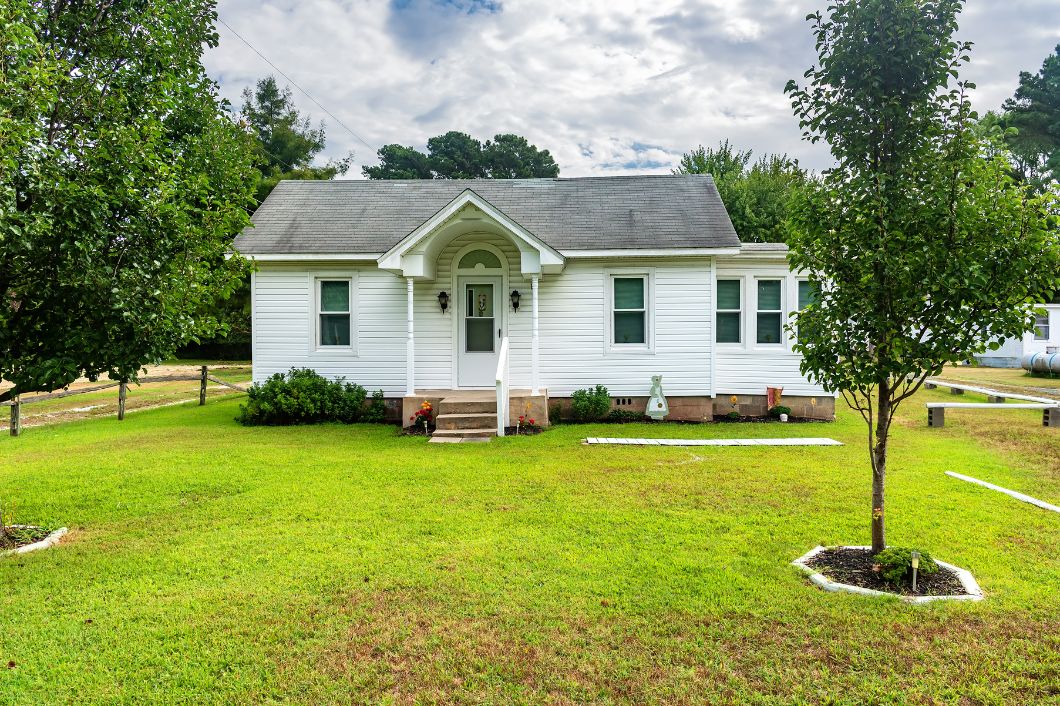Purchasing a home, especially one that’s older, can be a thrilling experience. However, it also requires careful consideration. An older home may have lots of character and charm, but it can also bring unique challenges.
While you may find an older house that perfectly suits your taste, there are several factors that you should keep in mind. Let’s look at some of the key considerations you should consider when buying an older home.
Budget
One of the key things to consider before purchasing an older home is your budget. Older homes may often have more character but can also come with higher maintenance and repair costs. Before making an offer, discover any potential repairs and upgrades the home may require. Some common expenses in an older home include a new roof, wiring, plumbing, and much more. Remember the cost of renovating the home to meet your family’s needs, as most older homes will require some alterations.
Inspection
Whether buying a brand-new home or an older one, carrying out a thorough inspection is always important. This step is especially crucial for older homes because they may have hidden issues that can be costly. Hire a reputable home inspector who can examine the property thoroughly and provide you with a report on any issues. There are many different metals that see use in architecture, and a home inspector will be able to tell you which ones are in the construction of your older home.
Historical Zoning
Before making an offer on an older home, find out if it’s in a historical district or has historical status. This step often restricts the type of renovation, the materials you can use, and even the paint color. While it may add to the home’s charm, it can be challenging if you intend to make major changes or renovate. Therefore, it’s important to understand what you can do before committing to the purchase.
Insurance
Insuring an older home can be more difficult than a newer one. Hence, you should inquire about the home’s insurance history. Older homes may have outdated electrical and plumbing systems, antiquated wiring, lead, or asbestos. These can pose a health risk and are expensive to remove. Ensure you ask the insurance company about any conditions or deductibles for older homes.
Resale Value
While an older home may be your dream home, it’s important to consider the resale value to protect your investment. Ask your realtor about the resale value of similar homes in the area. They may help you to gauge if it’ll increase or depreciate. Understandably, extremely aged homes may decrease in value if modern buyers aren’t too keen on preserving historical features. Remember that working to maintain the home’s integrity, including original features, will help maintain the home’s value going forward.
Getting an older house can be a dream come true for many homeowners, and while it comes with its fair share of challenges, it’s undoubtedly worth the effort. However, it’s necessary to remember the above considerations when buying an older home before you officially seal the deal to minimize the risk of costly repairs and other hindrances. There’s no need to rush the decision-making process. Take the time to assess the home’s condition and consistency to determine if it’s worth the investment. When done correctly, buying an older home can be an exciting and fulfilling process.



